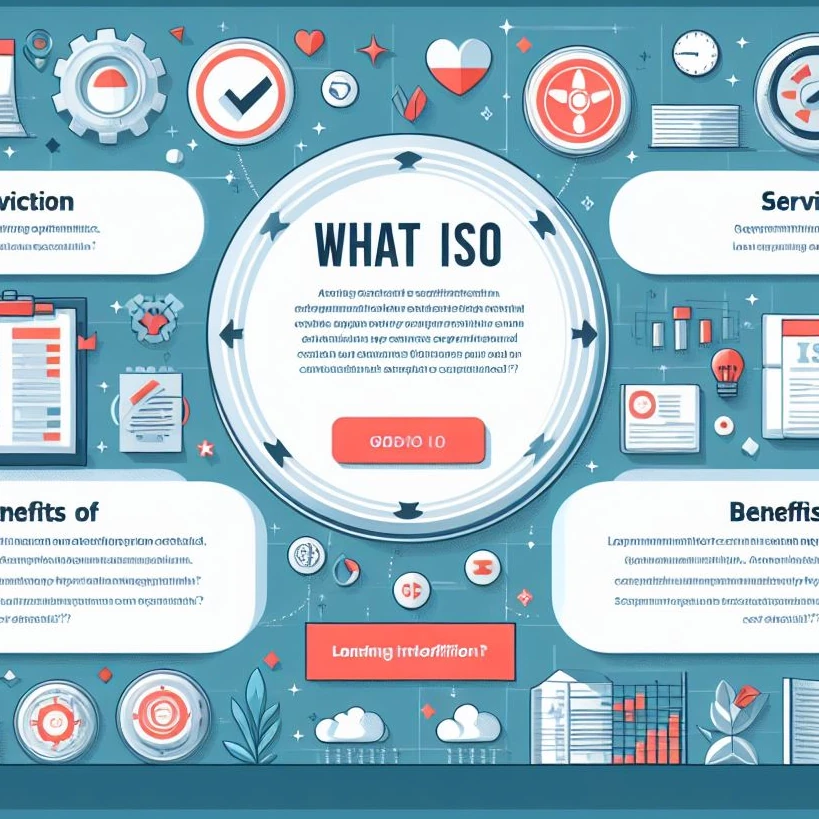ISO (International Organization for Standardization) standards are usually voluntary and do not have a legal character in and of themselves. This means that a company or organization is not legally obliged to use an ISO standard. However, these standards are widely accepted and often used as guidelines to achieve quality, safety or efficiency standards in various industries.

In some cases, industry or specific regulations may require compliance with specific standards as a condition of participation in a given market or sector. In addition, companies may choose to use ISO standards to enhance their reputation, increase market competitiveness, or meet customer expectations.
In short, ISO standards themselves are not mandatory, but their use can be beneficial to organizations in many ways.
ISO standards are a collective effort by experts and professionals from various industries who develop standards for quality, safety, efficiency, and many other aspects of an organization’s operations. Although ISO standards themselves are not legally required, their use provides organizations with a number of benefits:
Improving the quality of products and services:
Applying ISO standards can help a company improve the quality of its products or services. These standards provide guidelines and procedures that help avoid errors, standardize processes, and increase customer satisfaction.
Increased efficiency:
ISO standards often focus on effective process management. The introduction of these standards can lead to better work organization, loss reduction or process optimization, which in turn translates into greater business efficiency.
Compliance with laws and regulations:
In some industries or countries, the use of specific standards is required by law. Implementing an ISO standard can help an organization meet these requirements while ensuring that the highest standards are met.
Increase of reputation:
Having an ISO certification can have a positive impact on a company’s reputation. Customers, business partners, and other interested parties can perceive the organization as credible and professional.
Increase of competitiveness:
Companies that use ISO standards can gain a competitive advantage in the market. ISO certification can be an important deciding factor when entering into commercial agreements or business partnerships.
Focusing on continuous improvement:
ISO standards promote an approach to continuous improvement. Organizations implementing these standards commit to regularly assessing and improving their processes, leading to sustained improvements in quality and efficiency.
See also:
ISO Trainings
ISO Certificate
ISO Documentation
Although ISO standards are not mandatory in themselves, their use can contribute to achieving many benefits, both internal (improved processes, efficiency) and external (reputation, competitiveness in the market). It is a tool that can be flexibly adapted to the specifics of each organization.
What does the ISO certification process look like?
An organization that has implemented an ISO system can start the certification process. The Certification…
What is ISO certification?
ISO certification refers to the process by which an organization undergoes an assessment of its…
Is the ISO standard mandatory?
ISO (International Organization for Standardization) standards are usually voluntary and do not have a legal…
What is ISO?
ISO (International Organization for Standardization) is a global institution that develops international standards. Its goal…